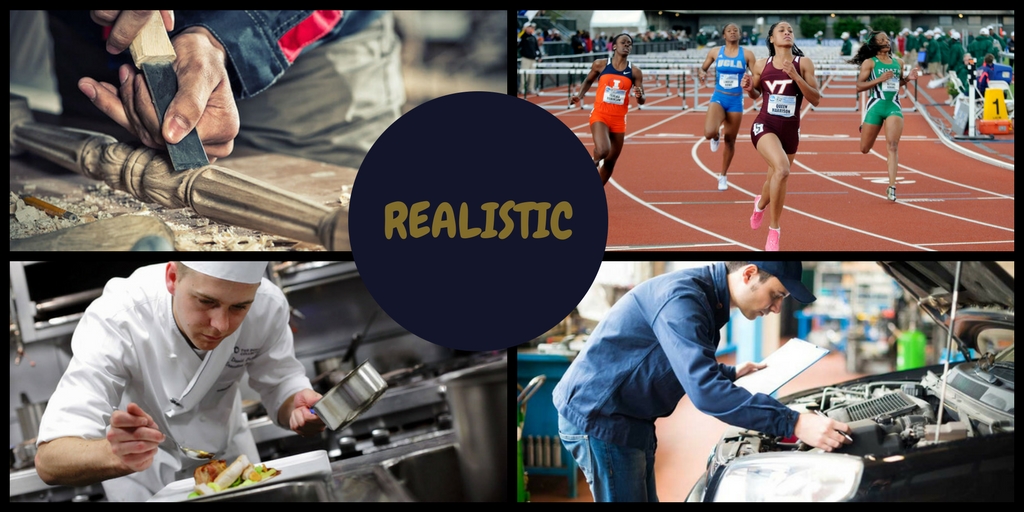Find your passion through the Holland Career Test
Published by SchoolAdvisor | Jul 06, 2017Imagine if your child is a social butterfly, they love to interact with people, do you think they will enjoy working in a science lab doing experiments? Or if your child is a creative artist but he ends up being an accountant?

Making a career out of something you love doing may sound like a pipe dream — or, at the very least, the exception to the rule.
But whoever coined the phrase "do what you love and the money will follow" may have been on to something. Numerous studies have shown that happy people tend to earn higher salaries — and it stands to reason that these high-earners are happy — at least in part — because they have jobs they love.
How do we ensure that our children choose a future career that reflects their personality well? Through the Holland Code Career Test!
Holland Codes are a set of personality types developed by psychologist John L. Holland in the 1970s. Dr. Holland reasoned that people work best in work environments that match their preferences. People and work environments can be matched for a best fit. Most people are some combination of two or three of the Holland interest areas. These two or three areas become your "Holland Code". There are six personality types in Holland's model and most people will fit into a few of the categories:
Realistic

Realistic occupations frequently involve work activities that include practical, hands-on problems, and solutions. They often deal with plants, animals and real-world materials like wood, tools and machinery. Many of the occupations require working outside and do not involve a lot of paperwork or working closely with others. Suitable jobs include athletes, chefs, car mechanics and carpenters.
Investigative

Investigative occupations frequently involve working with ideas and require an extensive amount of thinking. These occupations can involve searching for facts and figuring out problems mentally. Individuals who fall under this "Holland Code" are best suited to be doctors, scientists, dentists and software engineers among other jobs.
Artistic

Artistic occupations frequently involve working with forms, designs and patterns. They often require self-expression and the work can be done without following a clear set of rules.
Social

Social occupations frequently involve working with, communicating with and teaching people. These occupations often involve helping or providing service to others.
Enterprising

Enterprising occupations frequently involve starting up and carrying out projects. These occupations can involve leading people and making many decisions. Sometimes they require risk taking, and they often deal with business.
Conventional

Conventional occupations frequently involve following set procedures and routines. These occupations can include working with data and details more than with ideas. There is usually a clear line of authority to follow.
Want to try the test? Click on School Advisor's Holland Career test and have a go.
Recent Articles
- The Ideal School for a Holistic, Well-Rounded Education: Maple Leaf Kingsley International School
- From GIS to Charterhouse to SOAS: Zeeshan Fatmi’s Academic Expedition
- Beaconhouse Gasing Preschool: Leading Transformation with IEYC Curriculum Introduction
- BSKL and Charterhouse Grad Scores Dream Spot at New York University
- Leannie Liew’s Journey at Cempaka International School: Pushing Boundaries and Discovering Potential







 Login with Google
Login with Google